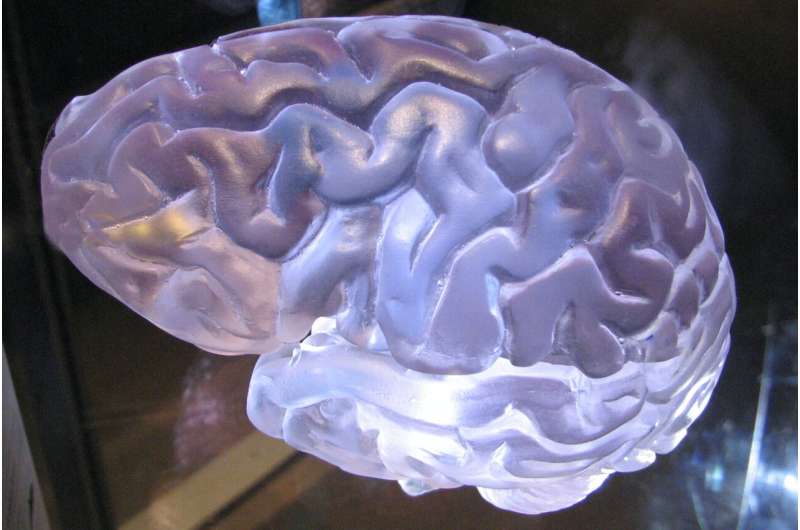Innovative Programmable Microglia Offer New Approach to Combat Alzheimer's Disease

Scientists at the University of California, Irvine, have developed a groundbreaking method to enhance the brain's ability to fight Alzheimer's disease and other neurological disorders. This new approach involves engineering human microglia—the brain's resident immune cells—making them capable of targeting and eliminating toxic proteins such as amyloid plaques that are characteristic of Alzheimer’s pathology.
The research, published in Cell Stem Cell, demonstrates that microglia derived from induced pluripotent stem cells can be genetically programmed to recognize disease-specific brain changes. These tailored cells can release enzymes that break down harmful proteins, reducing inflammation, protecting neurons, and preserving synaptic connections. In mouse models, this strategy led to a significant decrease in amyloid build-up and mitigated neurodegeneration.
One of the key innovations is the use of CRISPR gene editing to modify microglia to secrete neprilysin, an enzyme which naturally degrades beta-amyloid, but only activates near plaques. This targeted and responsive therapy effectively reduced amyloid deposits, protected neuronal integrity, and lowered biomarkers of neuronal injury. The microglia serve as living delivery systems, residing within the brain and responding solely when pathology is detected, thus overcoming the longstanding challenge of delivering biologic treatments across the blood-brain barrier.
Beyond Alzheimer's, the researchers explored the interaction of engineered microglia in models of brain cancer and multiple sclerosis. Results showed these cells adapted their gene expression profiles, indicating potential for personalized treatment of various central nervous system diseases.
While further work is needed to ensure long-term safety and develop scalable production methods, the fact that microglia can be derived from a patient’s own stem cells opens up possibilities for personalized, immune-compatible therapies. This research lays the foundation for a new class of brain treatments that utilize the brain's immune system as precision delivery vehicles, offering hope for effective disease modification in neurodegenerative conditions.
Stay Updated with Mia's Feed
Get the latest health & wellness insights delivered straight to your inbox.
Related Articles
Household Mold as a Significant Cause of Hypersensitivity Pneumonitis
Indoor mold exposure significantly contributes to hypersensitivity pneumonitis, a serious lung disease. New research highlights the importance of environmental assessments and mold removal for patient health.
Innovative Approach to Slowing Glioblastoma Growth by Blocking Brain Damage
New research suggests that blocking brain damage caused by glioblastoma may slow tumor growth and preserve neurological function, opening new pathways for early intervention strategies.
Potential Impact of Trump Administration's Proposed Budget Cuts on Public Health and Medical Research
The Trump administration's proposed budget cuts threaten to significantly impair medical research, public health initiatives, and Medicaid, potentially slowing down medical progress and weakening healthcare systems in the US.



